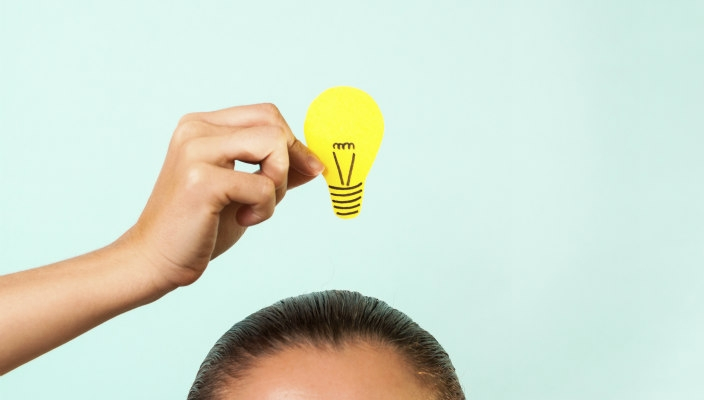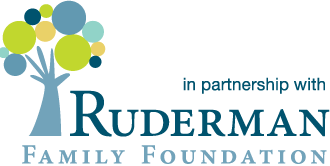13 Ideas for Making Your Community More Inclusive
02/08/2016
Within any synagogue community, it’s common to find many sub-communities. Throughout the year, the entire community gathers together for holidays, celebrations, and the like, but it’s equally common to find sub-communities meeting alone for sisterhood game nights, men’s club guest speakers, youth group outings, adult education classes, and so on. Jewish communities have fallen into a pattern of programming that makes each group happy – but this pattern has created a culture of exclusion rather than inclusion.
Rather than looking at what’s already happening within the community through an inclusion-centric lens, communities often plan programs specifically designed for people with disabilities. While there may be good arguments for having separate programs for each group within a synagogue, there is, in this case, a much greater argument for ensuring that what already exists within the community is fully inclusive.
A critical theme woven throughout the Torah is the importance of how to treat others. It’s not coincidence that Leviticus 19:14, the verse that commands us to not curse the deaf nor place a stumbling block before the blind, is sandwiched between verses that teach us about treating people ethically and correctly. Why this placement – and why this particular teaching – as a part of the holiness code? It reminds us that everyone is holy; everyone is b’tselem elohim (created in God’s image); everyone deserves to be treated equally and justly, and everyone deserves a chance to belong.
So if the Torah clearly commands us to treat everyone justly, why are our communities yet to be truly inclusive? After all, our communities cannot be complete without the participation of those who want to belong.
Most people participate in synagogue and communal life because they want to be a part of a something. They want to send their children to religious school, they want to participate in adult education, and they want to have a spiritual experience. And more often than not, they want a communal experience, not a separate experience.
As a spiritual leader, I am focused on how to bring people into the community and what more we can do to make sure our community is inclusive. Rather than planning separate programming for people with disabilities, take a look at what your community already offers and view it through an inclusive lens. Ask, “What can we do to make this more inclusive?”
More specifically, think about whether you could:
- Alter the language of liturgy to be more inclusive
- Rearrange and adjust seating to accommodate those in wheelchairs or those with vision or hearing disabilities (and their families)
- Alter the language used in worship by asking the congregation to prepare for moments rather than to rise
- Add a sign language interpreter or large-print prayer books
- Have “fidget toys” (great for kids with autism & ADHD) available at the doors to your sanctuary
- Train ushers and lay leaders to know what to say when someone with a disability comes into the community
- Lower mezuzot in order to accommodate those with physical disabilities
- Hang appropriate signage to guide guests toward bathrooms, including those that are accessible and/or gender-neutral
- Rethink rituals so that they are fully inclusive, such as touching the shofar to feel the vibrations if one is unable to hear the sound
- Employ someone with a disability
- Bring in on-site specialists to support your religious school
- Collaborate with other communities, schools, or organizations to provide social and communal opportunities
- Alter your community marketing to let the outside world know that you are an inclusive environment
Though February is Jewish Disability Awareness and Inclusion Month, but it’s not the only time to think about inclusion. All year round, consider the many ways in which we can make our communities more inclusive so that everyone who wants to be a part of the community can. Your entire community will benefit.
February is Jewish Disability Awareness and Inclusion Month, a unified initiative to raise disability awareness and support efforts to foster inclusion in Jewish communities worldwide. For important resources created by top disability experts, visit the Disabilities Inclusion Learning Center, created by the Union for Reform Judaism in partnership with the Ruderman Family Foundation.

